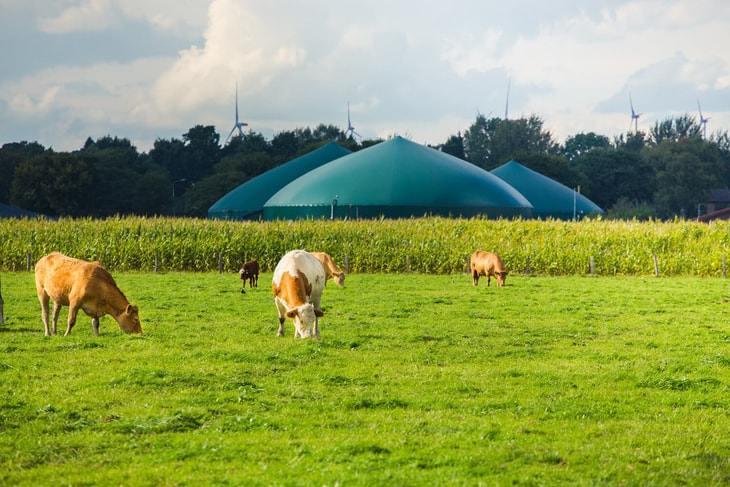Suomen Lantakaasu Oy has announced the start of construction this winter on a biogas plant in Kiuruvesi, Finland, which aims to produce renewable liquefied biogas (LBG) primarily from cattle farm manure and agricultural byproducts.
Set for completion in 2026, the project forms part of the Upper Savo biogas complex, which includes the centralised Kiuruvesi plant alongside three planned satellite plants in Lapinlahti, Sonkajärvi and Nurmes.
The total investment in the Upper Savo complex is valued at approximately €100 million ($107m), supported by €19.2 million ($20.5m) in EU Recovery and Resilience Facility (RRF) aid.
... to continue reading you must be subscribed







